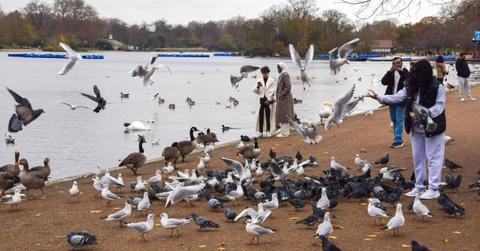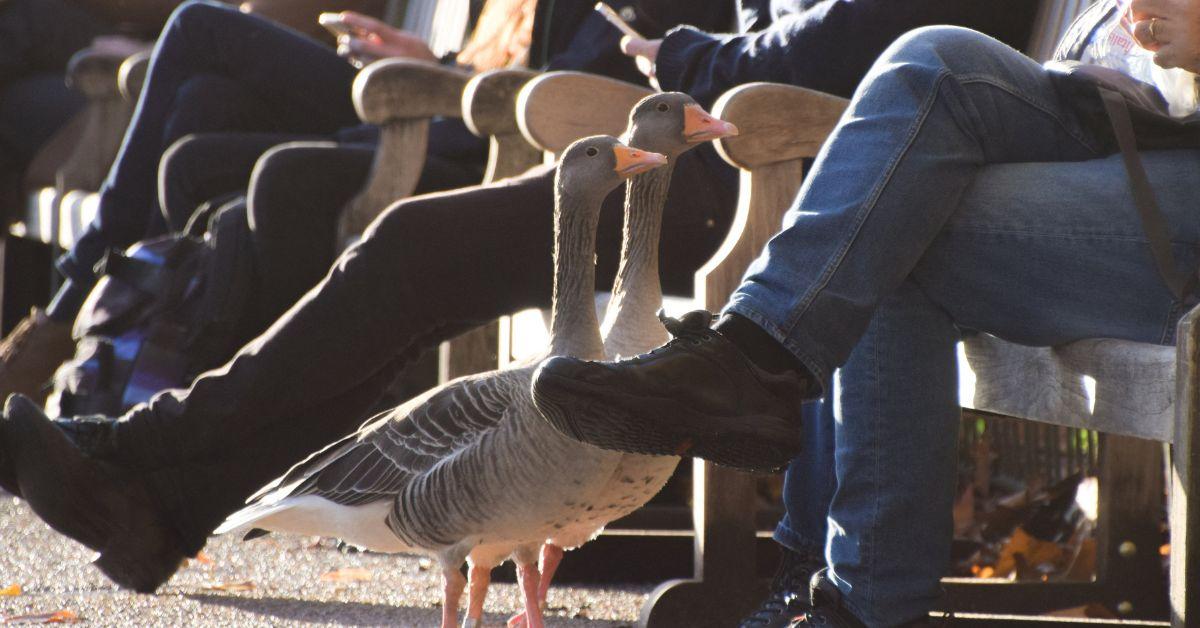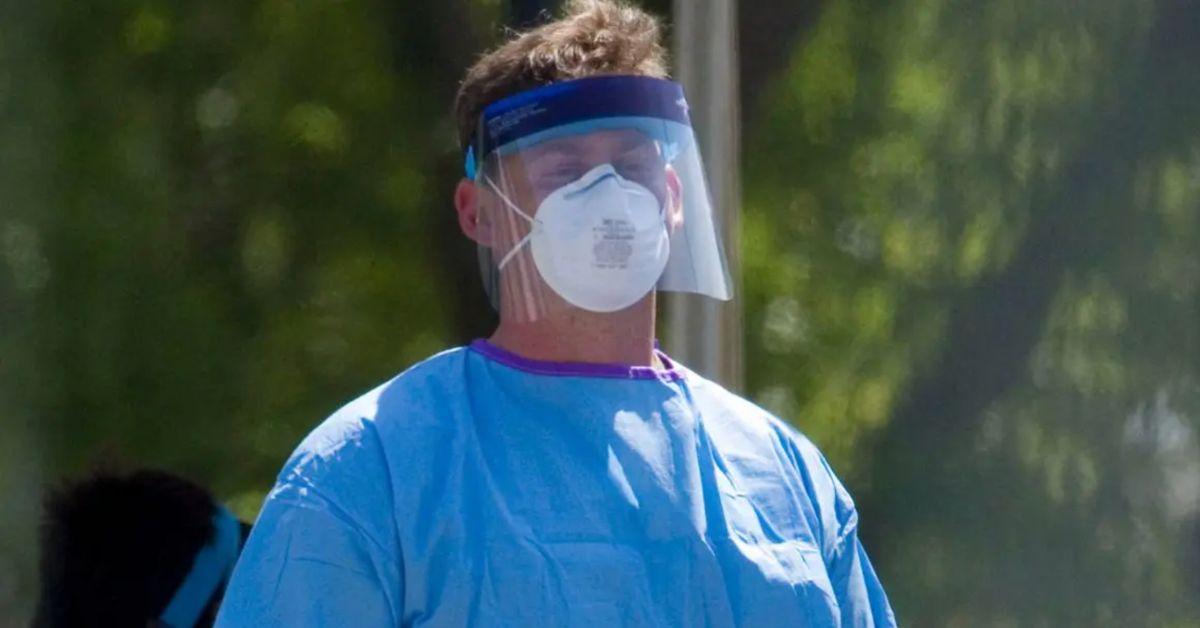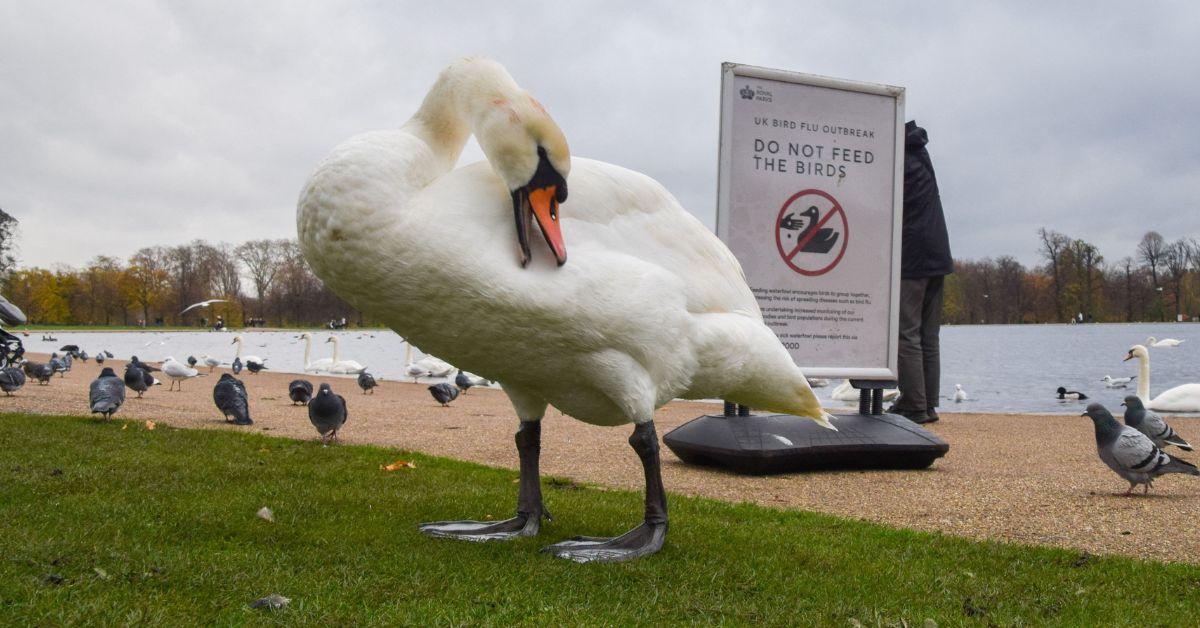Tragic Milestone: First Human Death Due to Bird Flu Recorded in the U.S. As Health Department Urges Citizens to 'Avoid Sources of Exposure'

The first human death due to bird flu has been confirmed in the U.S.
Jan. 6 2025, Published 7:00 p.m. ET
The U.S. has confirmed its first human death from bird flu as 66 cases have been recorded nationwide.
RadarOnline.com can reveal the Louisiana Department of Health reported the heartbreaking development in the ongoing battle against avian influenza on Monday – raising alarms amid an outbreak that has been affecting birds across the nation since early last year.

The Louisiana native was over the age of 65 with underlying medical conditions.
According to health officials, the Louisiana native was an individual over the age of 65 with underlying medical conditions, which likely contributed to the severity of the infection.
The person had reportedly been exposed to non-commercial backyard flocks and wild birds prior to contracting the virus.

Experts have repeated that while the bird flu virus mainly spreads among birds, there is a risk of transmission to humans, especially in instances of close contact.
This tragic event unfolds a grim chapter in the story of bird flu, or H5N1, which has been wreaking havoc not just among bird populations but now has made its impact felt on human health.
In a statement regarding the incident, a spokesperson from the Louisiana Department of Health noted the patient had been battling severe respiratory illness related to the bird flu infection before being classified as critically ill.
The spokesperson said: "Last month, the Centers for Disease Control and Prevention confirmed the patient was experiencing the first case of severe bird flu in the U.S.," emphasizing the seriousness of the situation and the potential threat the virus poses to human health.
Health officials have been on high alert since reporting the first human case of bird flu earlier this year, with ongoing surveillance in local communities to monitor the situation closely.
The outbreak, which began in April, has pushed veterinary departments and health agencies to work collaboratively in formulating response strategies that address both avian and human health concerns.
Experts have repeated that while the bird flu virus mainly spreads among birds, there is a risk of transmission to humans, especially in instances of close contact.

Last month, California governor Gavin Newsom declared a state of emergency due to bird flu.
The statement continued: "While the risk of human infection remains low, the situation demands constant vigilance and proactive public health endeavors."
As the country grapples with this alarming health situation, it is crucial for those working with poultry or residing near flocks to adopt safety measures.
The Louisiana Department of Health is urging the public to be mindful of potential exposure risks and to report any unusual bird deaths in their area.
Individuals are encouraged to avoid direct contact with wild birds and to practice good hygiene, such as washing hands thoroughly after handling birds or coming into contact with their environments.
Authorities are also strengthening their outreach to educate communities on the signs of avian influenza and the necessary steps to take in case of suspected infection.
In light of the recent death, public health officials emphasized ongoing education is the "key" to staying safe.
They noted how community awareness about the importance of vaccination, monitoring potential symptoms, and reporting any concerns to medical professionals can make a significant difference in controlling the spread of this virus.
Mary Smith, a local resident and grandmother, shared her concerns regarding the situation: "It's frightening to think that something like this can occur right in our community. I never thought I would hear of someone dying from bird flu in the U.S.—it feels unreal."


The World Health Organization has not classified the bird flu outbreak as a global health emergency at this time.
Ongoing investigations into the circumstances surrounding the individual's exposure to the virus will be crucial to provide more clarity on this situation.
At this time, the World Health Organization has not classified the bird flu outbreak as a global health emergency.
Last month, California Governor Gavin Newsom declared a state of emergency due to H5N1, proclaiming the state is "committed to further protecting public health" as citizens across the country feared a Covid-like shutdown.
California recorded just over half of all bird flu infections detected in humans in 2024, or 32 out of the 61 total cases according to the Centers for Disease Control and Prevention (CDC).
However, all the cases were linked to exposure to cattle or wild/domestic birds, as no spread from person to person had yet been detected.



